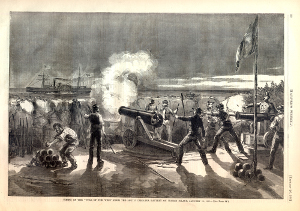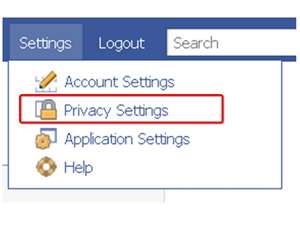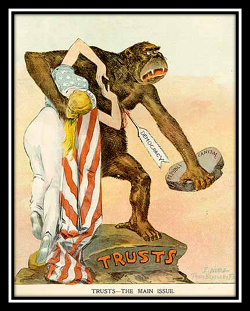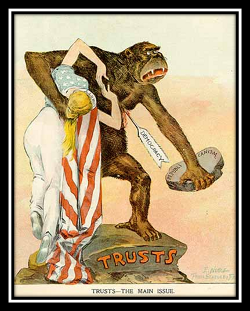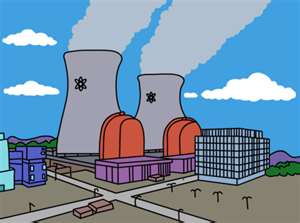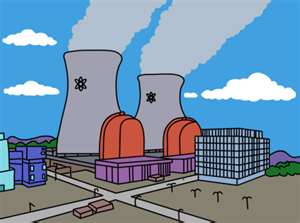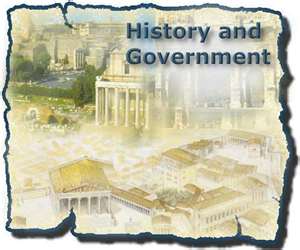 We’ve reached the final day of Government Week, hold the applause, and I want to spend it discussing a form of government that does not exist, Meritocracy. It is defined thusly: Meritocracy, in the first, most administrative sense, is a system of government or other administration (such as business administration) wherein appointments and responsibilities are objectively assigned to individuals based upon their “merits”, namely intelligence, credentials, and education, determined through evaluations or examinations.
We’ve reached the final day of Government Week, hold the applause, and I want to spend it discussing a form of government that does not exist, Meritocracy. It is defined thusly: Meritocracy, in the first, most administrative sense, is a system of government or other administration (such as business administration) wherein appointments and responsibilities are objectively assigned to individuals based upon their “merits”, namely intelligence, credentials, and education, determined through evaluations or examinations.
The general trouble with the idea of Meritocracy is defining who is the best. In a Representative Republic like the United States that is determined by polling the people and coming up with an answer. This is a good way to get representatives that people want but not necessarily a good way to get the people best suited for the job. However, I’m of the opinion that it can be both!
What needs to happen is that the voters must do a better job of objectively determining what candidate is going to be well suited to the position. Another factor, and an important one, is that people who are best suited to govern must be encouraged to run for office. I’m of the opinion that the current political environment in the U.S. doesn’t attract the sorts who are good at making the country better. Instead, people encouraged to run seem to be those with massive egos and those whose primary interest is having power and using it enrich themselves and those who bribe them enough.
Ayn Rand writes of a certain character type in her novels. When people of achievement are not rewarded for their efforts then they do not try to succeed anymore and into that vacuum comes the Thug. The Thug wants power to hurt other people and enrich him or herself. The Thug is incompetent and enjoys squashing those who are competent. The Thug hires more thugs and puts them in key positions. They are good at manipulation and pitting people against each other to distract them from real issues. They are good at defeating high achievers. Thugs are generally charming and good looking with a way of saying catchy but meaningless things. The Thugs destroy what they touch and laugh all the way to bank while doing it. U.S. politics is currently dominated by Thugs.
So, Tom, you may ask, how do we get the achievers to run for office and make my community, my state, my country, my world a better place? Easy. Vote for candidates who are qualified to lead. Don’t vote for candidates who focus you on nonsense issues and twist every word their opponent says into something malign. Don’t vote for candidates that grossly misrepresent opponent’s plans of action. Don’t vote for a candidate that tells you his or her opponent is evil or a total failure. Don’t vote for a candidate that says they have all the answers. Vote for candidates who care more about the U.S. than they do about winning an election. Vote for candidates who have read the Constitution of the United States and like it. Vote for candidates who think critically and not with their faith. Vote for the best candidate even if you don’t agree with everything they say and the rest will fall into place.
The power is in your hands, use it.
Tom Liberman
Sword and Sorcery fantasy with a Libertarian Twist

